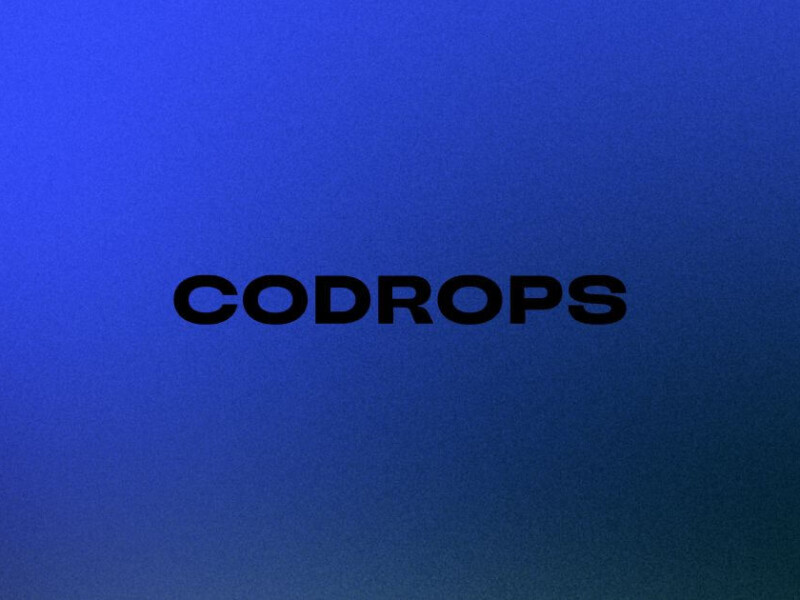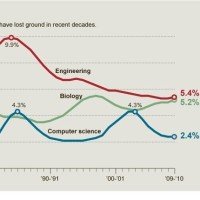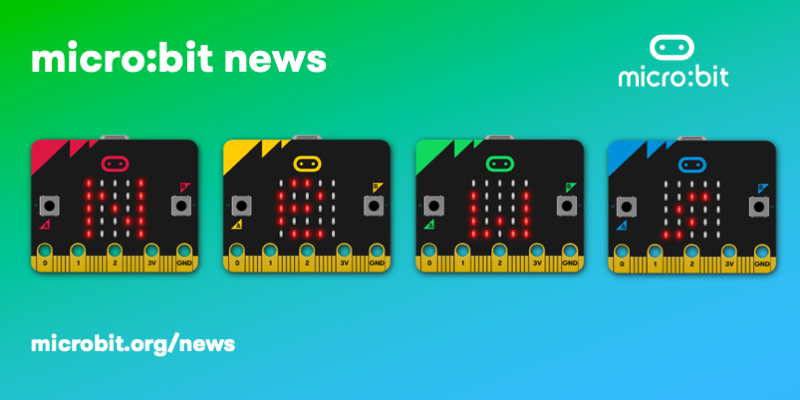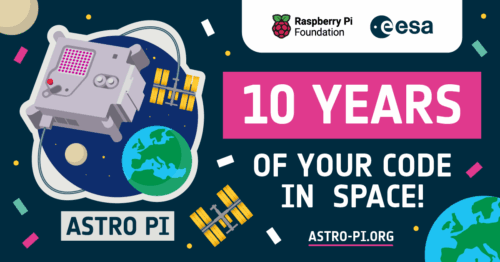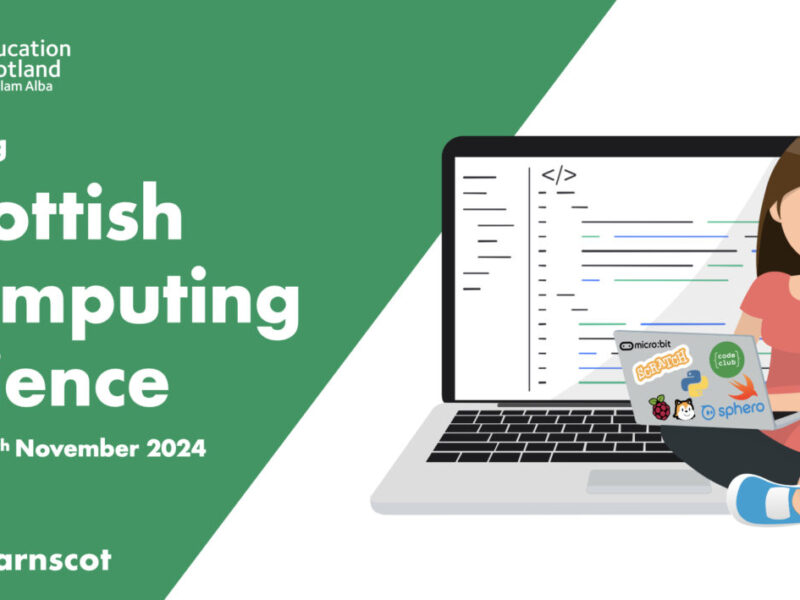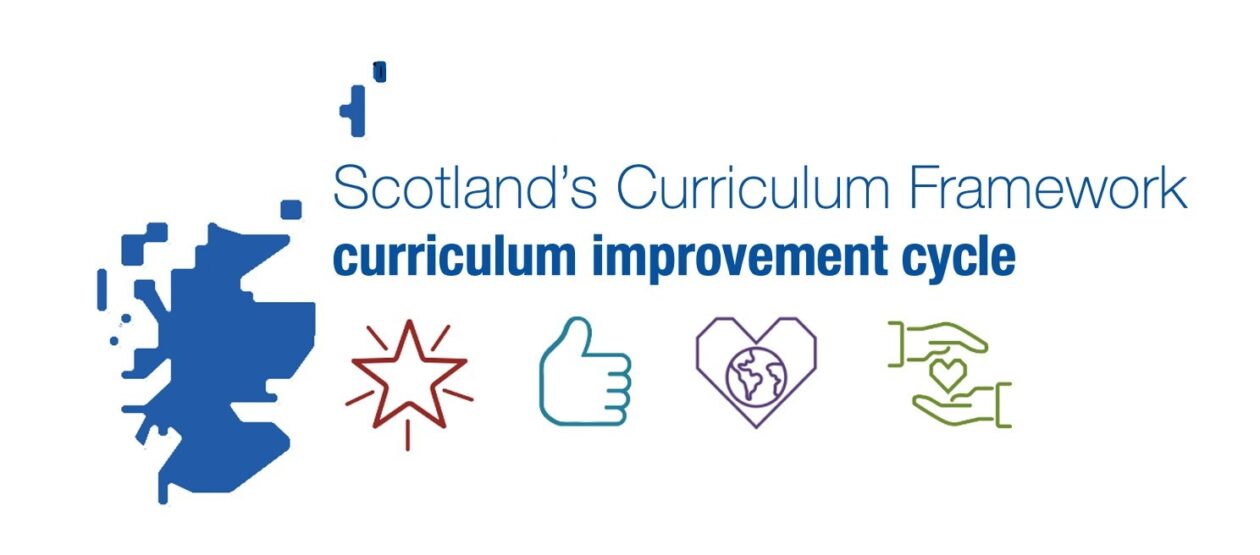Use the blog as a source of tiny code‑reading exercises: present a snippet, ask learners to predict output, then rewrite it for clarity and accessibility. This builds the habit of […]
Pragmatic JavaScript for N5/Higher projects
When learners see polished interaction patterns, their ambition rises. Use Codrops selectively: choose one pattern, unpack the DOM/CSS/JS behind it, and ask pupils to adapt it with an accessibility lens—keyboard […]
If you’re trying to ground departmental changes in evidence, Guzdial’s blog is a staple. The posts unpack studies on misconceptions, assessment and teacher preparation in ways that translate to the […]
Sometimes the difference between a great micro:bit lesson and chaos is simple logistics. The Foundation’s tips page is a handy checklist: pre‑lesson device checks, paired programming to stretch scarce kit […]
DigiLearn’s Computing Science tag page is a useful one‑stop shop for CPD and classroom ideas across the BGE and Senior Phase. If your department is rebuilding schemes of work, start […]

SQA’s latest update pushes the HNC Esports launch to 2026/27. That’s not a setback—it’s a window. Centres interested in digital pathways can use this year to plan staffing, timetabling and […]
The Astro Pi programme turns abstract CS outcomes into something tangible: code in orbit. With registration open for 2025–26, now’s the moment to pencil Mission Zero into S1/2 programming units […]
Raspberry Pi Foundation’s latest research seminar focuses on a theme that should be central to Scottish Computing Science: agency. If AI is something done to young people, they disengage. If […]
Computing Science Week 2024 will run from November 4th to 15th 2024. Both weeks will comprise of Live Lessons, Success Sharing Sessions, Educator Webinars, and a face to face event […]
The 2021 OECD report on Scotland’s curriculum recognised the strengths of Curriculum for Excellence (CfE), and made a range of recommendations to ensure that this strength would persist into the […]

